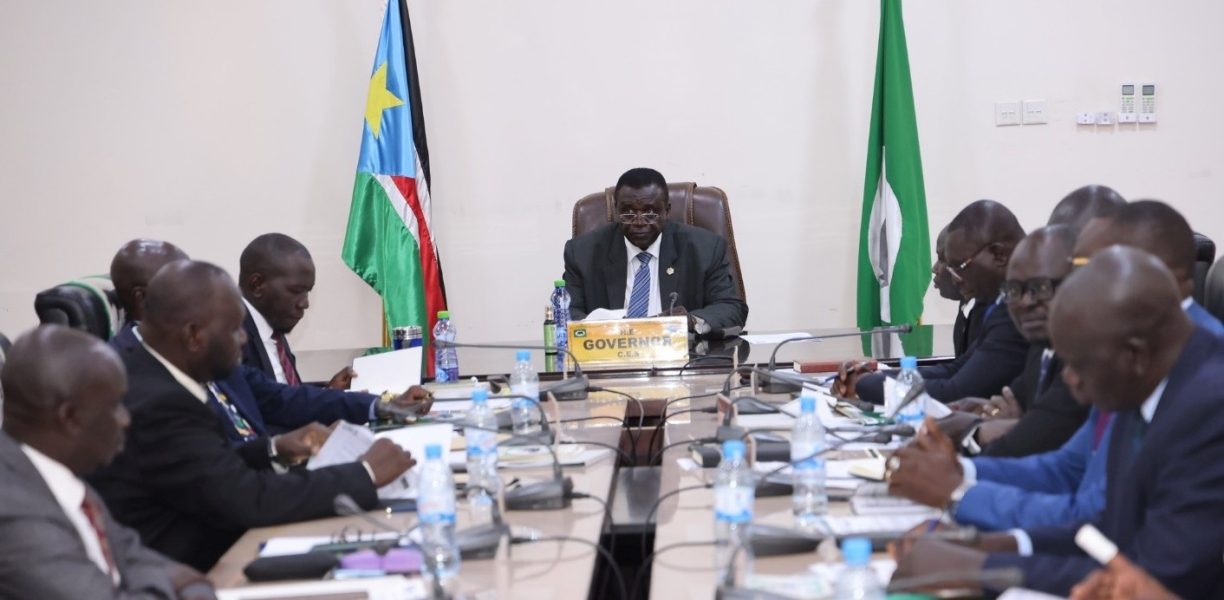
A fresh battle over revenue collection in Juba is brewing as Central Equatoria State (CES) government is standing its ground, rejecting a move by the South Sudan Revenue Authority (SSRA) to carve up Juba into tax zones.
The decision, made during a weekly Council of Ministers meeting on Thursday, chaired by Governor Rabi Mujung Emannuel, challenges the national revenue body’s authority and brings to the forefront, boiling tensions over fiscal powers between state and national government.
The dispute erupted after the SSRA announced its intention to divide Juba into ten operational zones for a door-to-door taxpayer registration drive.
The zoning, according to the National revenue Authority, is meant to broaden the tax base by registering all businesses, service providers, and self-employed individuals.
However, the CES government has decried the move as a ‘unilateral decision’ that encroaches upon its constitutional mandates.
Speaking after the meeting, Jacob Aligo Lo-Lado, the Acting Minister of Information and Communication, emphasized that there is need for prior consultations involving the SSRA, the State government, and the Juba City Council before such a policy is implemented.
“The Council resolved to reject this unilateral decision and urges the South Sudan Revenue Authority to revoke it,” Aligo said.
“Such actions violate Article 49 of the Transitional Constitution of South Sudan (2011), as amended, which calls for the respect of intergovernmental linkages.”
Article 49 of the constitution stipulates that all levels of government shall ‘respect the constitutional status and institutional integrity of other levels of government and cooperate in the task of governing.’
The CES cabinet insists that the SSRA’s failure to consult with the state government and the Juba City Council is a direct contravention of this principle.
This standoff is not just a procedural row; it indicates a struggle for resources and authority in the country as South Sudan continues to grapple with severe economic crisis.
With oil revenues reducing due to production disruptions, the non-oil sector has become a critical focus for revenue generation, intensifying competition over who controls the collection of funds.
SSRA, for its part, appears undeterred as it has already made available details of the ten designated zones and will likely commence the registration process.
The national revenue collecting body maintains that it is acting within its legal mandate to assess, collect, and account for all public revenue.

